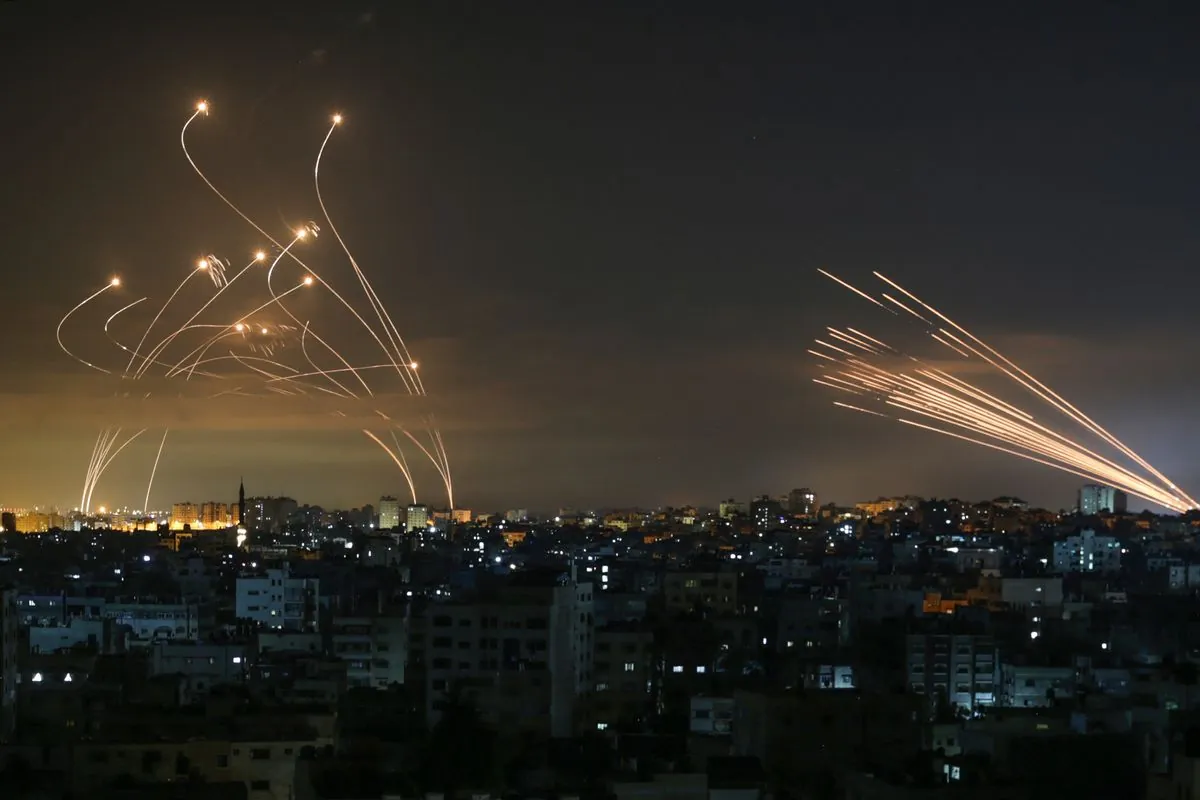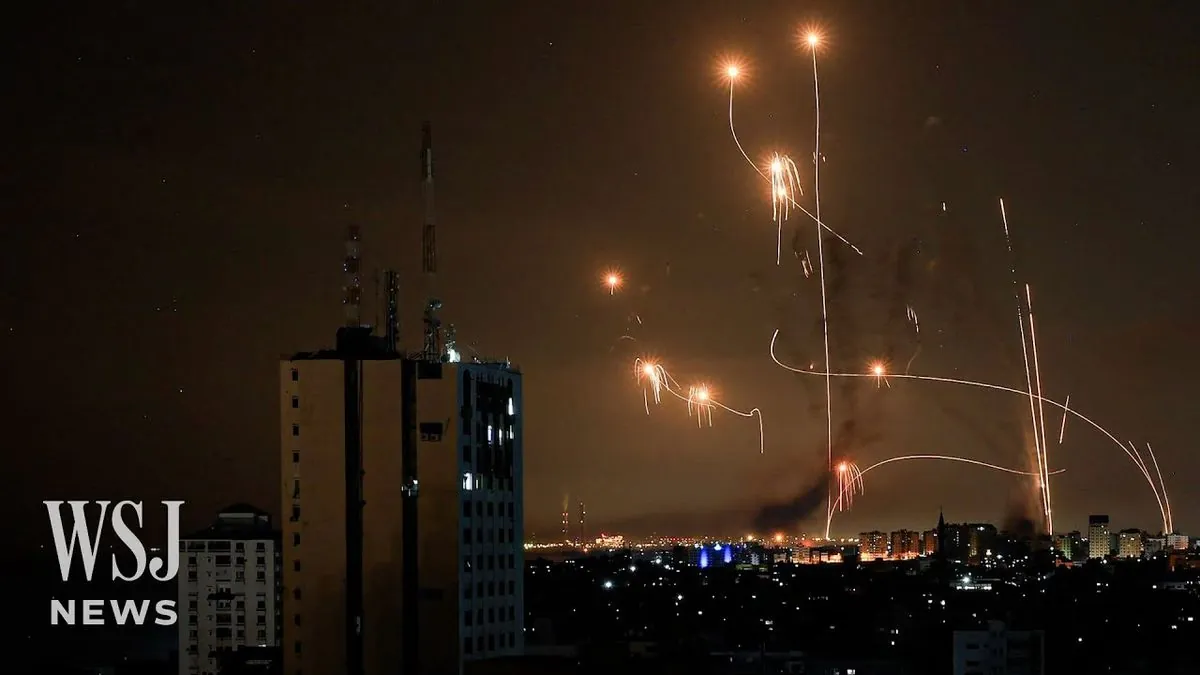Israel's Strategic Shift: Balancing Retaliation and Diplomacy
Israel's military success against Iran and proxies raises questions about future actions. U.S. diplomacy seeks to prevent escalation amid complex regional dynamics and upcoming elections.

In the year following Hamas's October 7, 2023 attack, Israel has significantly improved its strategic position. This shift comes after a period of vulnerability not seen since the 1973 Arab-Israeli War, also known as the Yom Kippur War, which lasted from October 6 to October 25, 1973.
Israel's recent military operations have targeted senior commanders of Iran's Islamic Revolutionary Guard Corps (IRGC), established in 1979, as well as Hamas and Hezbollah leaders. These actions have demonstrated Israel's technological and military superiority in the region.
The effectiveness of Israel's defense capabilities was further highlighted on October 1, 2024, when Iran launched an unprecedented ballistic missile attack against Israeli targets. Israel's advanced multilayer air defense systems, including the Iron Dome (first deployed in 2011) and Arrow (operational since 2000), successfully intercepted the incoming threats, resulting in minimal damage and no Israeli casualties.

This successful defense has prompted discussions within Israel about potential responses to Iran's aggression. Some, like former Prime Minister Naftali Bennett, who served from 2021 to 2022, advocate for a more assertive approach against Iran:
"Israel has now its greatest opportunity in 50 years, to change the face of the Middle East. We have the justification. We have the tools. Now that Hezbollah and Hamas are paralyzed, Iran stands exposed."
However, the United States, Israel's closest ally since 1948, is urging caution. President Joe Biden and Vice President Kamala Harris are working to prevent a wider conflict, particularly with the U.S. presidential election scheduled for November 5, 2024.
The situation presents a complex diplomatic challenge for the Biden administration, which became a "lame duck" government following Biden's July 21, 2024 announcement that he would not seek re-election. This political context may influence Iran's calculations, as Tehran might be banking on U.S. efforts to avoid a full-scale war.
Israel's decision-making process is further complicated by internal debates. While some advocate for a decisive strike against Iran's nuclear facilities, others within the national security apparatus urge caution and coordination with the United States.
The international community, including the G7 nations, is considering new sanctions against Iran. Meanwhile, President Biden has stated that the U.S. would not support an Israeli strike on Iran's nuclear facilities, emphasizing the need for a proportionate response.
As tensions remain high, the coming weeks will be crucial in determining whether diplomacy can prevent further escalation or if the region will face a wider conflict. The situation continues to evolve, with potential implications for the ongoing Israeli-Palestinian conflict and broader Middle East stability.


































